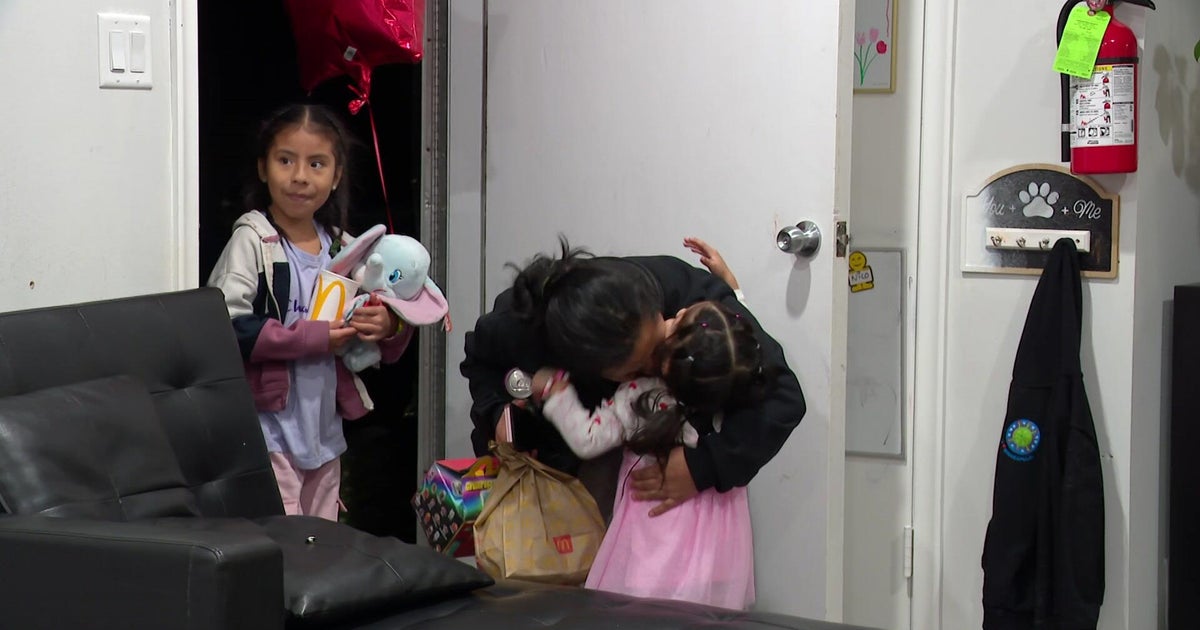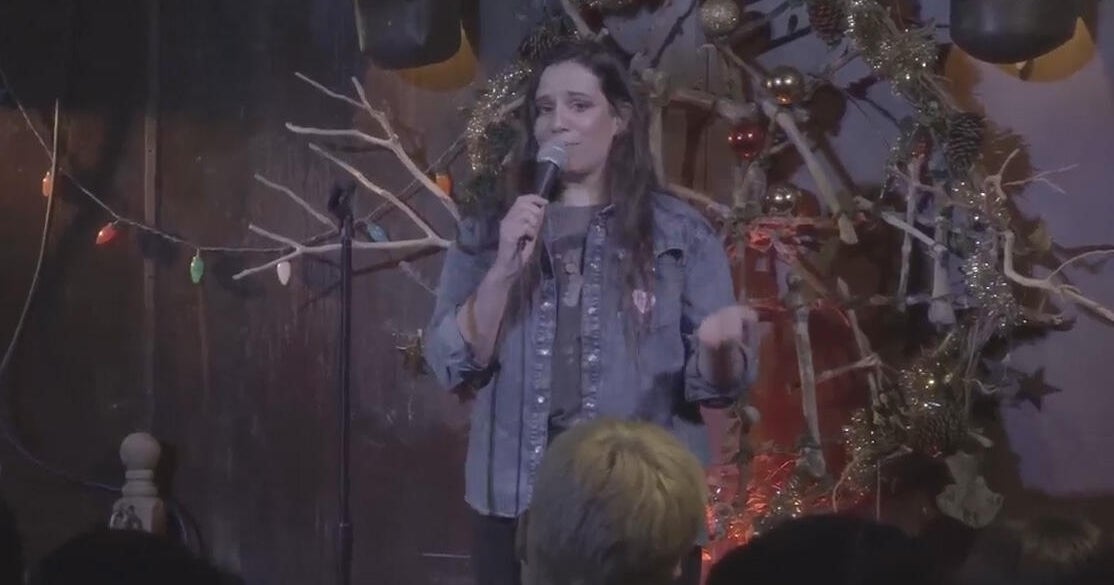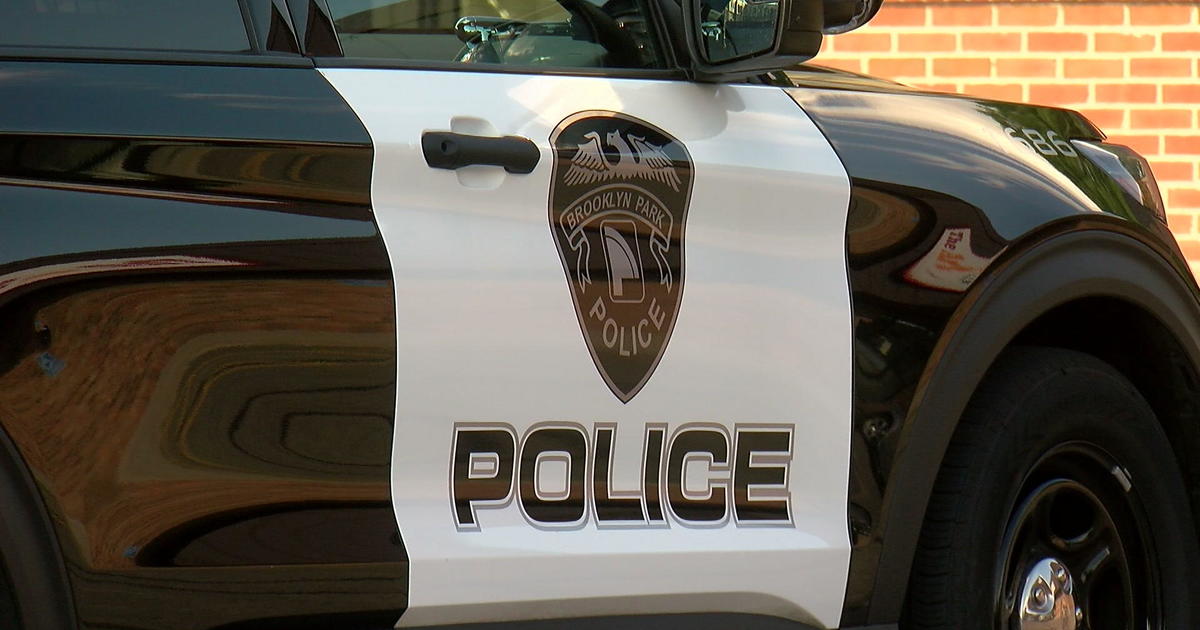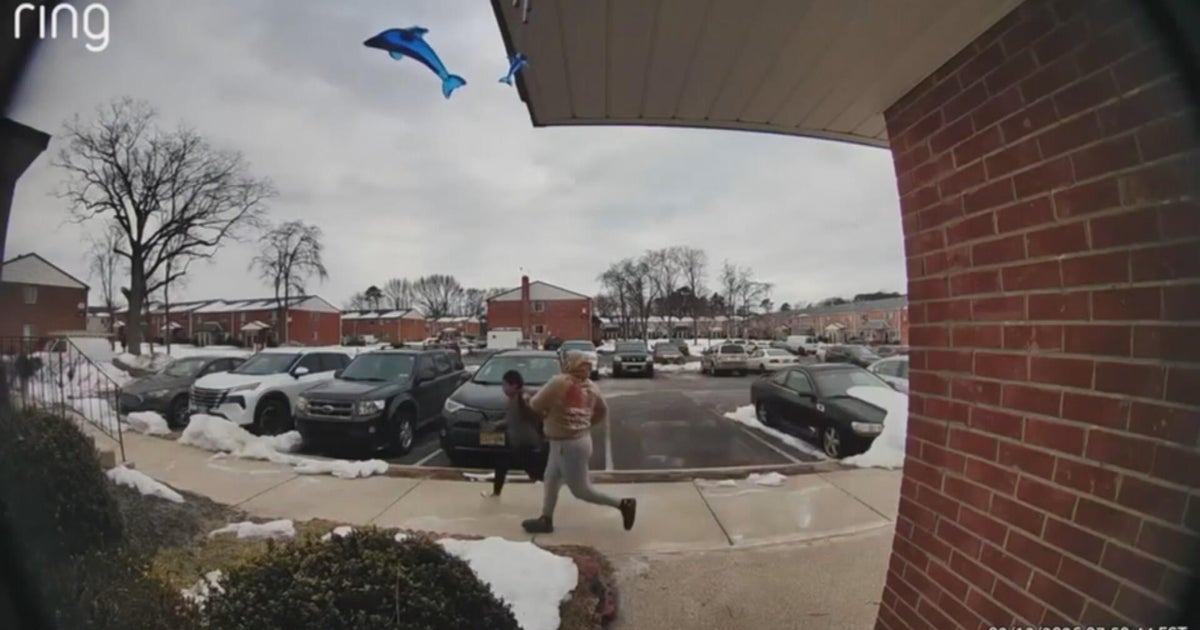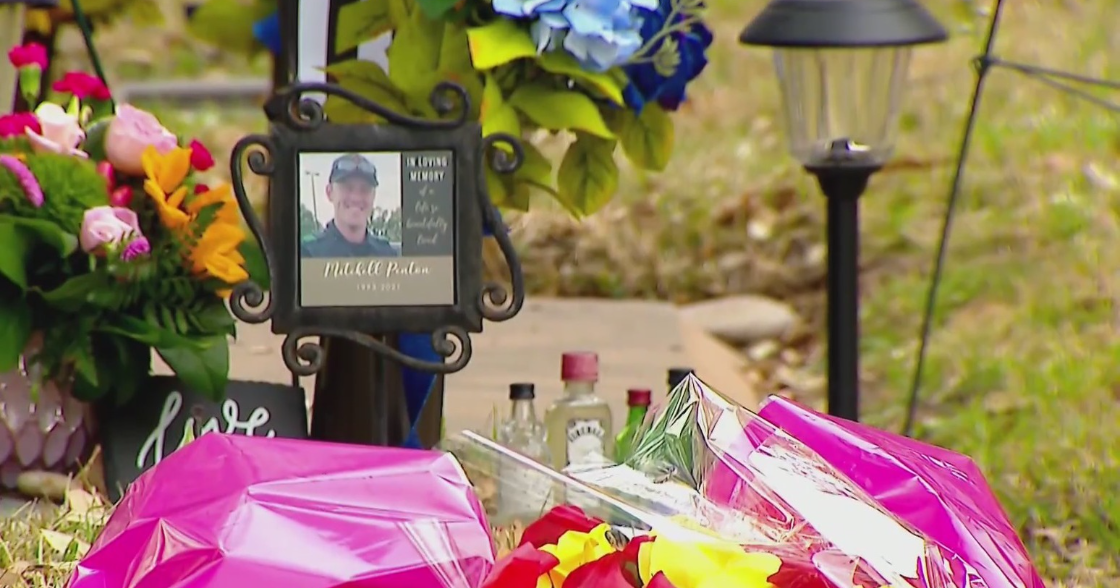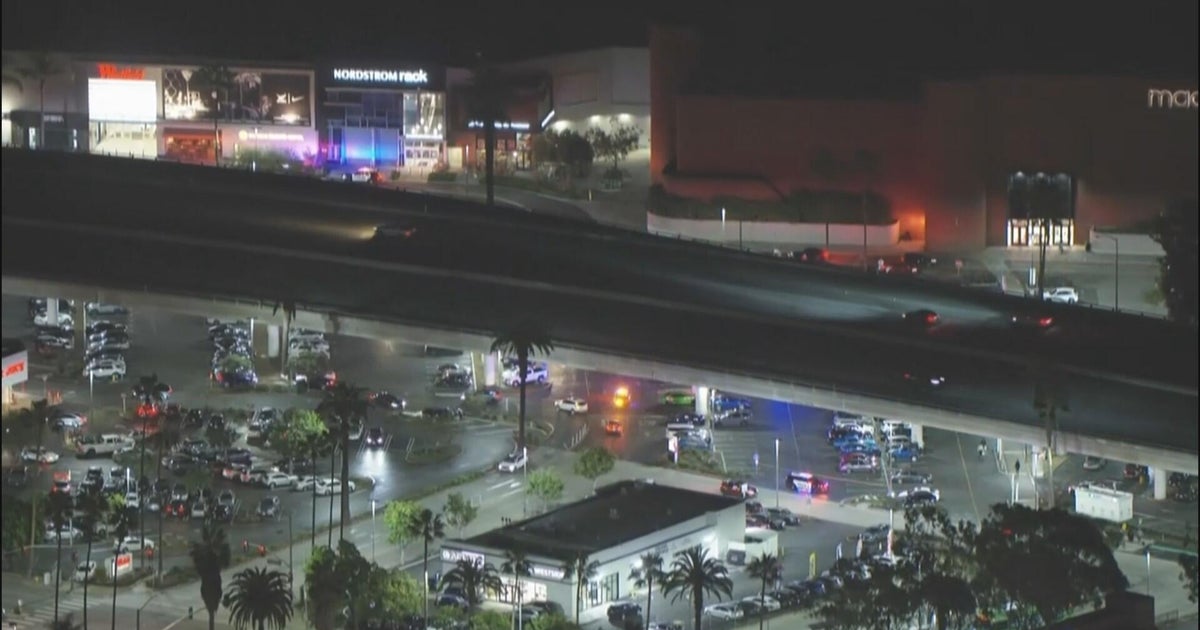How College Law Enforcement Programs In Minnesota Are Changing
BROOKLYN PARK, Minn. (WCCO) -- As lawmakers discuss potential changes to policing, Minnesota community colleges have already made their own changes.
North Hennepin Community College offers degrees in criminal justice and law enforcement.
"If we go back to 2011 they have been up and down," said Jesse Mason.
Mason is the provost at North Hennepin Community College in Brooklyn Park, which offers two-year criminal justice and law enforcement degrees. Both programs have seen a recent decline in enrollment for a number or reasons.
"For law enforcement, since 2011, it has dropped about 54%. But in the last year because of COVID, the racial injustices, we have seen about a 45% decrease in law enforcement," said Mason.
After getting a two-year degree, students who want to become a police officer have to go through skills training. And after that they have to pass what's called a POST exam.
Minnesota is a licensing state for police officers and passing the "Peace Officers Standards and Training" exam is the final step. Those numbers tell a different story.
"Those numbers, actually, in terms of total exams taken, were up fairly significantly from the previous three years, actually," said Erik Misselt, executive director of the Minnesota POST Board.
In addition to POST tests taken, the number of exams passed is also on the rise. Misselt said it's too early to say if the events over the past year will have an impact on future numbers. The answer to that may be two years away or more.
"You might have a time where you're not, it looks like, oh gosh, you know, the number of licensing exams is pretty low so far. But then we'll hit spring where a whole bunch of schools are graduating students and all the sudden bam, we have a whole pile of people that take the exam," said Misselt.
In the meantime North Hennepin has added to its law enforcement curriculum, putting more focus on cultural differences and social behaviors and encouraging people of color to go into the field.
"By looking at cultural competence in our curriculum, also increasing our BIPOC community -- Black, indigenous and people of color -- enrollment in that area," said Mason. "I think this is a change that's sustainable and that will change things for the future."
Other colleges said COVID is the main reason for a decline in enrollment for all programs.
Minneapolis College said a decline in law enforcement students mirrors declines in other academic programs in general.
